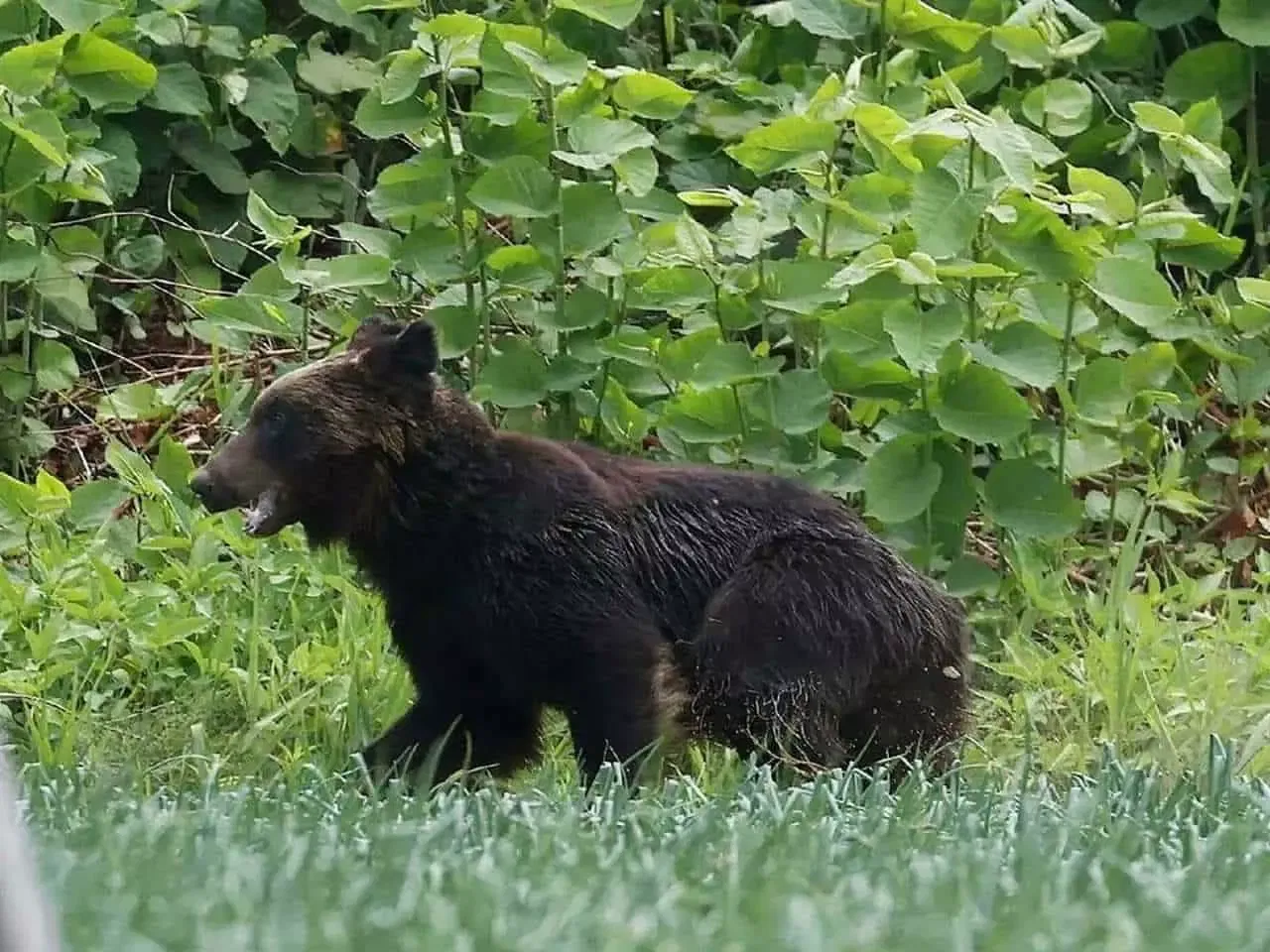Attacks in supermarket, hot spring resort
Rising bear numbers, climate change-driven shifts in natural food sources and depopulation of rural areas are increasingly bringing people into contact with bears in Japan. An ageing band of hunters that authorities once relied on are overwhelmed.
In recent weeks, bears have attacked customers inside a supermarket, jumped a tourist waiting at a bus stop near a UNESCO World Heritage site and mutilated a worker at a hot spring resort. Some schools have had to temporarily close after bears were spotted wandering in and around their grounds.
Bear attacks often peak in October and November, as the animals forage intensively before winter hibernation. Japanese black bears, common across most of the country, can weigh up to 130 kg (287 pounds). Brown bears on its northern island of Hokkaido can weigh as much as 400 kg.
More licensed hunters to be recruited
It is not the first time Japan has deployed troops to assist in wildlife control. The military provided aerial surveillance for hunts of wild deer around a decade ago and culled sea lions to protect fisheries in the 1960s. Elsewhere, the British army provided logistical support in the mass culling of animals infected with foot-and-mouth disease in 2001.
